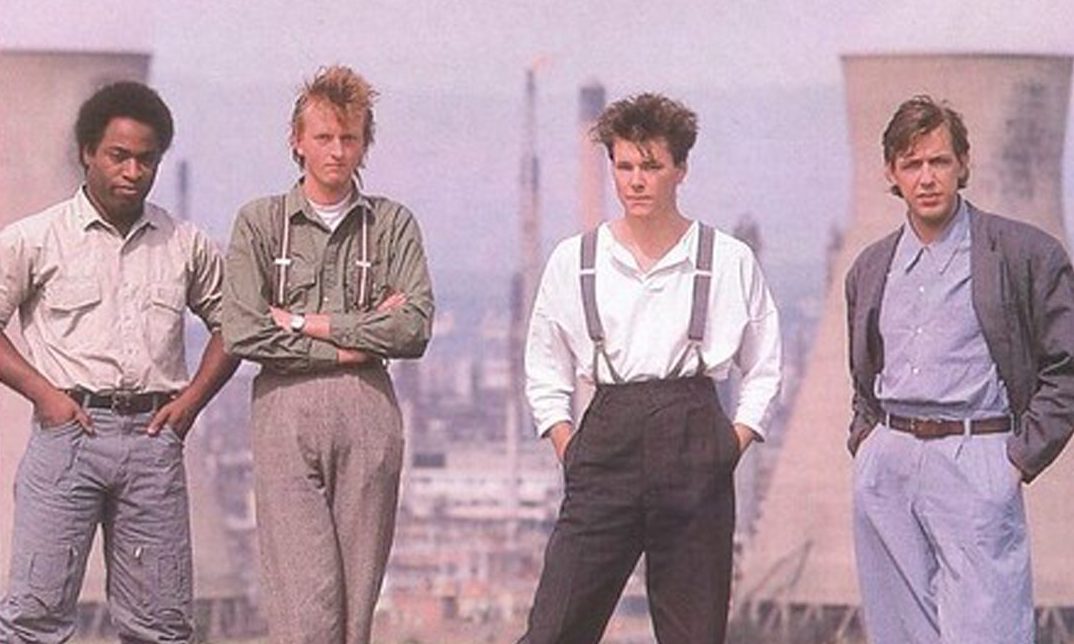
Big Country knocked U2 off the top of the album charts when they released Steeltown 40 years ago.
It was the Fife outfit’s finest commercial hour.
But did it really stop them from becoming the biggest band on the planet?
Steeltown was another chapter in a story that began in the Fife village of Crossgates when Stuart Adamson’s father bought him a guitar for his 11th birthday.
Adamson left Beath High in Cowdenbeath and formed a punk band with Richard Jobson in 1977 that became the Skids.
He left in 1981 after three great albums and decided to start up a new band.
His mate, guitarist Bruce Watson, quit his job as a nuclear submarine cleaner and together they founded Big Country in Dunfermline.
Bassist Tony Butler and drummer Mark Brzezicki joined the band in 1982.
Elton John interrupted as Big Country hammered Steeltown into shape
Big Country’s debut album, The Crossing, took the music world by storm after being released to critical acclaim on July 29 1983.
Big Country began writing Steeltown after nearly 12 months on the road.
They teamed up again with producer Steve Lillywhite and he wanted to record the album at the Polar Studios in Stockholm, which was the home base for ABBA.
Studio preparations were interrupted when Elton John asked the band to perform at his Summer Of 84 concert at Wembley Stadium as replacement for Paul Young.
The band returned to Stockholm and Steeltown started to take shape.
Bjorn Ulvaeus and Benny Andersson from ABBA were there during the early sessions.
Stuart Adamson was very much in tune to the working man.
Steeltown dealt with the collapse of industry and the stress and worry of war.
The music was tougher and punchier than anything the band had attempted before.
Steeltown was a darker album and written against a backdrop of record unemployment, the 1984 miners’ strike and the peak of Cold War paranoia.
Album was a powerful social commentary
A woman sings about a lover killed in battle in Come Back to Me, while a worker mourns being crushed by the wheels of his industry in Steeltown.
Adamson’s bleak lyrics were powerful and emotive on songs like East Of Eden, Flame of the West, Just a Shadow and Where the Rose is Sown.
Tall Ships Go was a soaring anthem.
The Girl with the Grey Eyes was a love song to Adamson’s wife.
Adamson said: “As an album, Steeltown is hard and dense, listening to it from start to finish is exhausting.
“There’s a lot of bleakness in there but I had to do it.
“All my life I wanted to make a record that got all the chips off my shoulders – all the things I’d been carrying around since I was a kid.
“People wanted us to be this soft, romantic band that professional Scotsmen could play their fiddles at campfires to – we wanted Steeltown to be hard.”
Long-time fan Andy Inkster, a voice of authority on Big Country, said it was not only his favourite Big Country album, but his favourite album by any artist.
“When Steeltown landed, apart from it still being unmistakably Big Country, I could tell it was something special,” he said.
“While The Crossing could be seen as a broad history lesson, Steeltown arrived with a harder edge – the result of a band with a determined focus.
“It will always be my favourite Big Country album for the massive soundscape and for it being brutally unapologetic.
“It is the most complete Big Country album of them all.”
Steeltown began gradual decline in band’s commercial fortunes
The album went straight in at No.1 after being released on October 19 and knocked U2’s The Unforgettable Fire from the summit.
It fell down the charts almost as fast as it climbed them and Adamson’s biographer, Allan Glen, said the album precipitated their commercial decline.
“In the summer of 1984 Big Country were on the verge of becoming one of the biggest bands in the world,” he said.
“There was huge expectation around the band at the time; everyone from the label to the management were pushing for bigger sales, bigger tours, and with that comes more pressure.
“In the UK, Steeltown, while it got to number one – for one week, knocking U2’s The Unforgettable Fire off the top spot – vanished from the Top 100 after just 21 weeks; in April 1985, The Crossing was still selling a significant amount of copies.
“Lead single East of Eden’s themes – tackling slavery, unemployment and urban misery – were unlikely to endear themselves to the mainstream record-buying public in the ’80s.
“It’s a superb song – the sound of iron on metal and a highly original structure and melody – but it was a huge risk to release it as the lead single.”
Which Steeltown song should have been first single?
Allan said the lack of an immediate hit was seen as a disappointing start to Phonogram UK’s campaign and over in America it failed to chart.
He said: “Asked why he believed Steeltown did not do as well as The Crossing, Chris Briggs, the band’s A&R man at Phonogram and their staunchest champion at the label, put it down to a series of factors.
“These were ranging from the pressure under which the album was made and an exhausting year of promotion to lack of demo time, recording in a foreign country and drinking too much.
“He also believed Steeltown lacked a killer single with which to launch it.”
Was he right?
“Momentum in music is everything; when it goes, it’s very difficult – almost impossible – to get back,” said Allan.
“If they’d released Where the Rose is Sown, instead of East of Eden – my favourite BC track but a mile away from a radio-friendly 80s single – first from Steeltown – followed by a remixed Rain Dance – it could all have been very different.”
Next album The Seer, in 1986, yielded their highest-charting single with Look Away, but by now Big Country’s ascendance was over.
The Seer sold well in the UK and Europe but by the end of the campaign, the fourth single, Hold The Heart, failed to reach the Top 40, peaking at No.55.
Declining returns for Big Country albums
Peace in Our Time (1988) and No Place Like Home (1991) failed to match the commercial success of its predecessors.
Further studio albums Buffalo Skinners (1993) and Why The Long Face (1995) were followed by Driving to Damascus (1999).
This was the last album they recorded together with Adamson at the helm before he took his own life in 2001.
Allan said the passage of time has been kind to Steeltown.
“It’s an outstanding piece of work; ambitious, progressive, unafraid to challenge.
“It also sounded unlike any other record at the time, and there is great depth in the lyrics, too.
“This, in particular, from East of Eden: ‘Some days will stay a thousand years/Some pass like the flash of a spark/Who knows where all our days go?’.
“Simple, thoughtful and very memorable.
“It’s also worth remembering Stuart was still only 26 when Steeltown was released.
“Its greatest legacy is its prescience; the primary themes – struggle, conflict, hope – are even more relevant today than 40 years ago.
“Stuart once said: ‘I think (Steeltown) is one of the finest albums I’ve ever heard’.
“In another interview, he was asked what he hoped his musical legacy would be.
“He said he would like to be remembered not for the gold discs or the sold-out shows but in a simpler way.
“Adamson said: ‘I want to be able to sit back and think, ‘Well, maybe I did make a worthwhile contribution’.
“With Steeltown in his songbook, few would doubt that he did.”
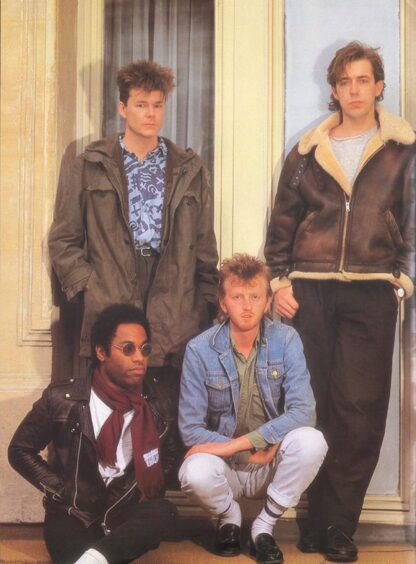
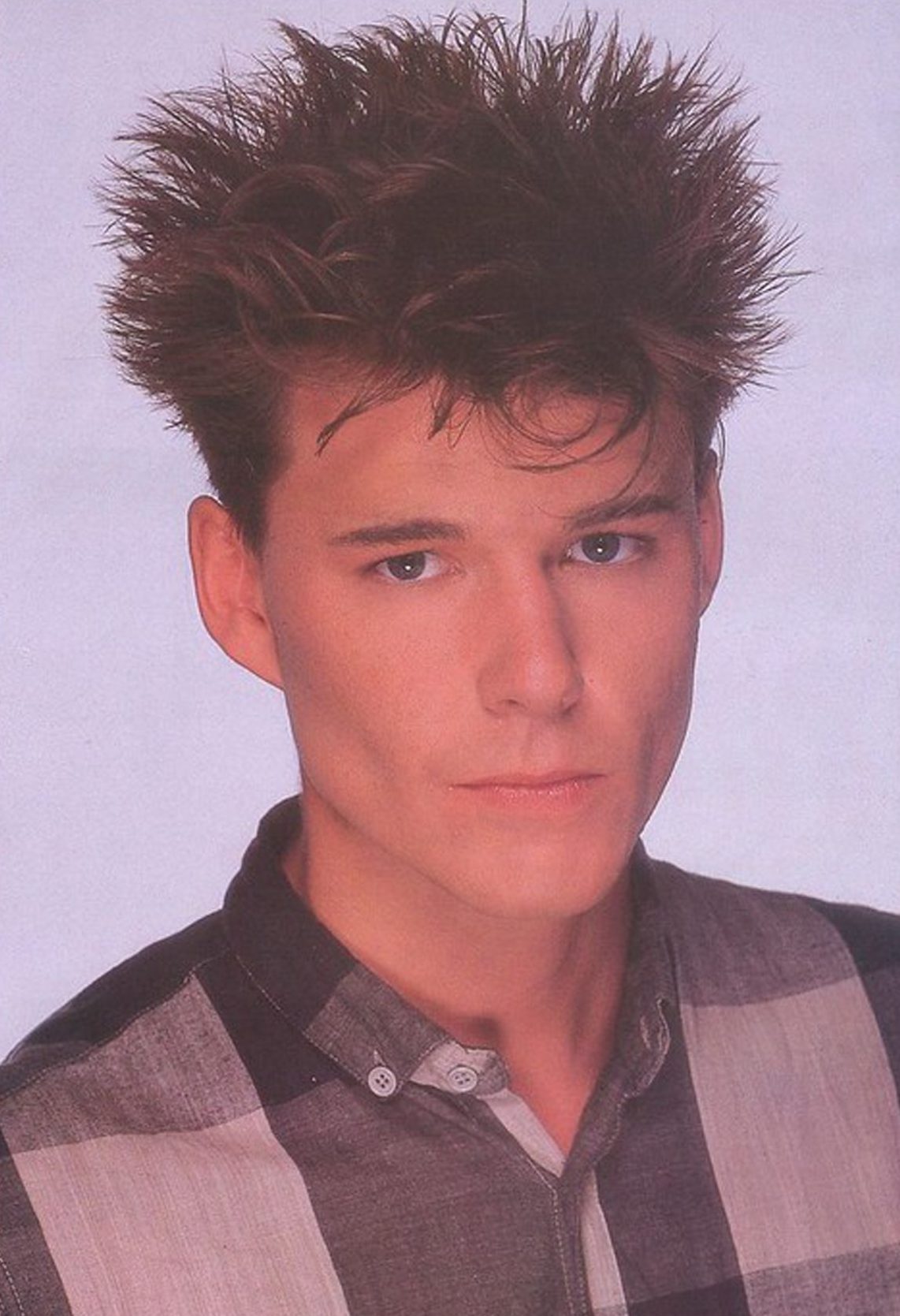
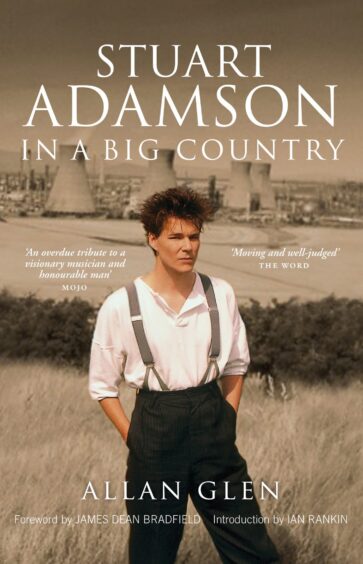
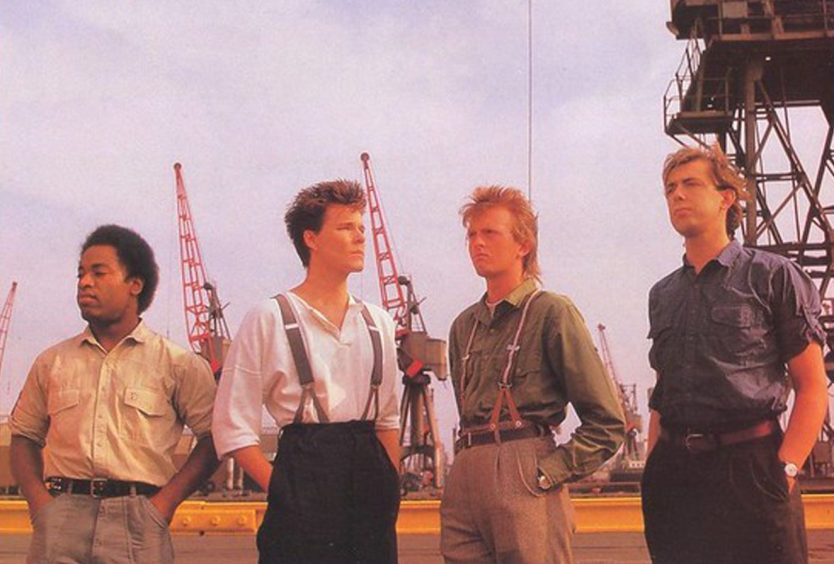
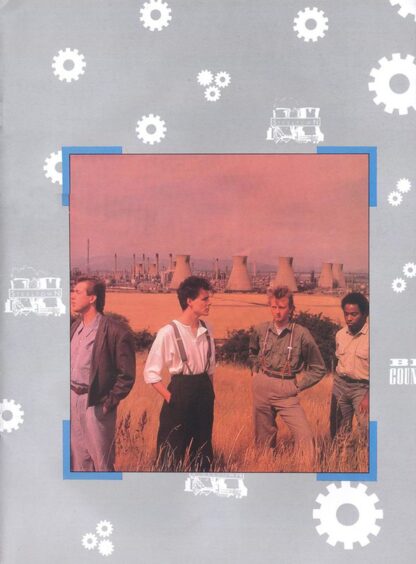
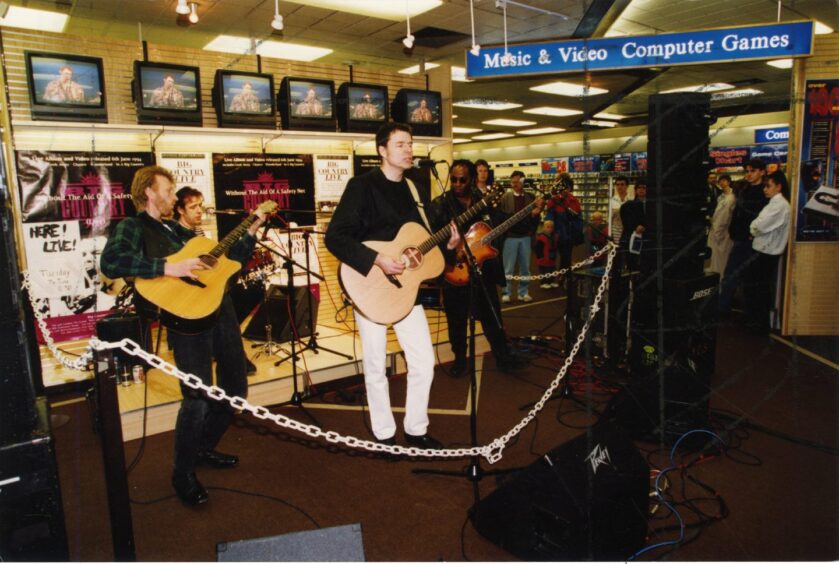
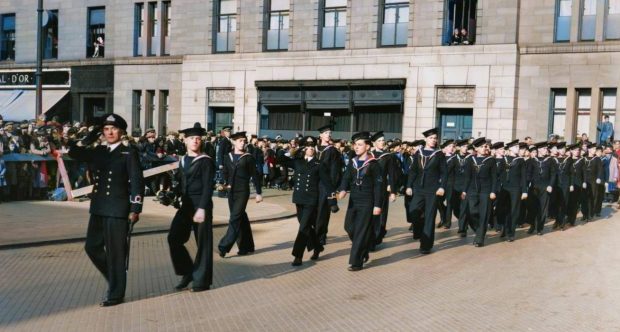
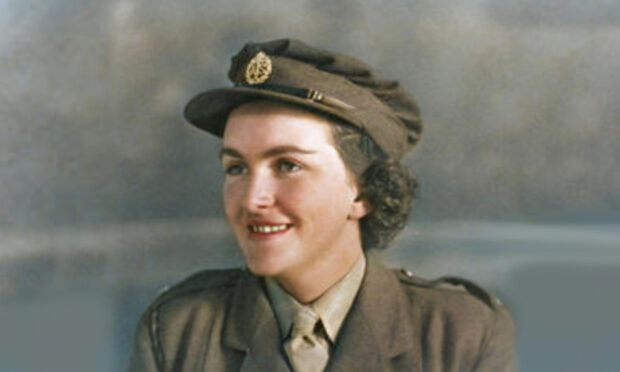
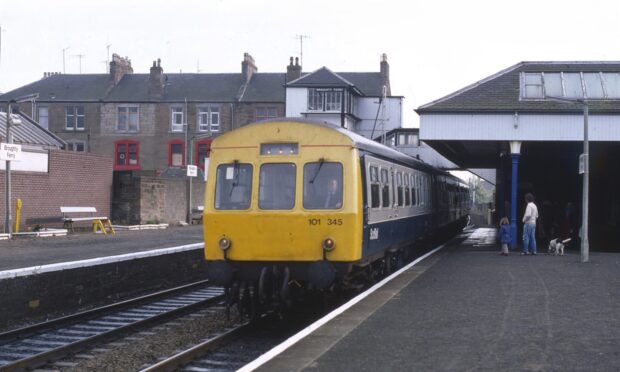

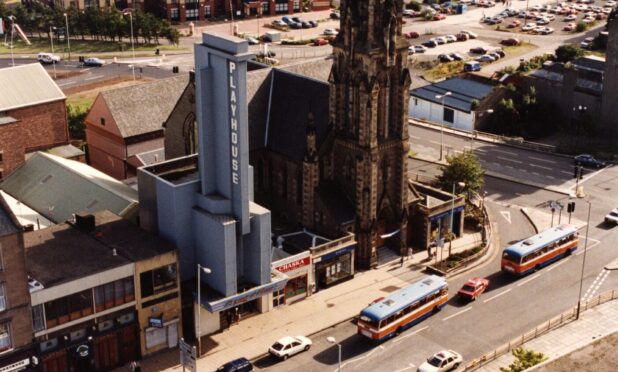
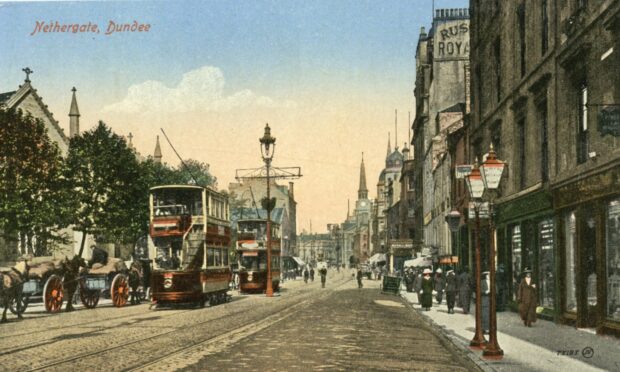




Conversation